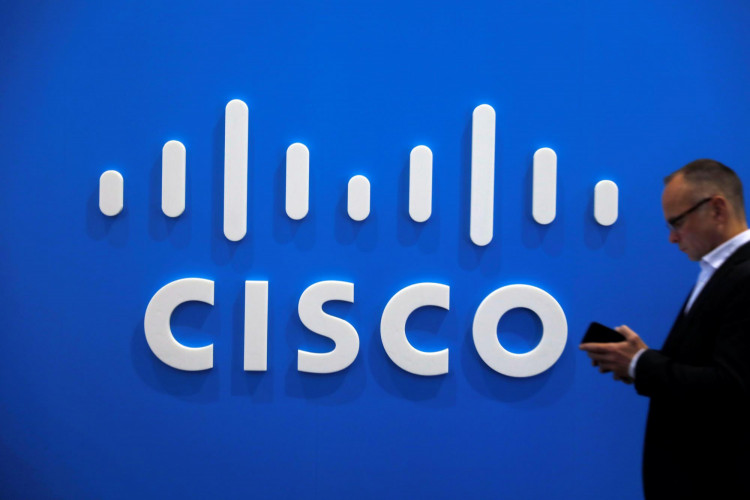Cisco Systems announced plans to lay off 5% of its global workforce, translating to over 4,000 employees. This decision is part of the company's strategic realignment to concentrate on burgeoning sectors like AI, amid a challenging economic landscape that has seen many tech giants reevaluate their workforce and investment priorities.
Cisco's restructuring initiative comes in the wake of its acquisition of machine learning and cybersecurity firm Splunk, valued at $28 billion, a move indicative of the company's ambition to solidify its stance in the AI domain. "Our innovation sits at the center of an increasingly connected ecosystem and will play a critical role as our customers adopt AI and secure their organizations," stated Cisco CEO Chuck Robbins, highlighting the company's commitment to adapting to technological advancements.
The layoffs, expected to incur nearly $800 million in severance and related costs, mark Cisco's response to a revenue dip and the anticipation of cautious customer spending in the near term. Robbins elaborated on the cautious outlook, noting a "greater degree of caution" among clients due to economic uncertainties, which could dampen demand for Cisco's products and services.
This workforce reduction is not isolated to Cisco but part of a larger trend within the tech sector, where companies like Google, Amazon, and Microsoft have also undertaken layoffs to streamline operations and boost profitability. Despite these cuts, the tech industry continues to invest heavily in AI, with firms like Nvidia leading the charge and companies like Cisco leveraging partnerships to ensure they remain at the forefront of this technological evolution.
The broader implications of these layoffs and the pivot towards AI underscore a transformative period in the tech industry, where the balance between human labor and automated intelligence is continually being reassessed. As Cisco and its peers navigate this transition, the focus on AI not only promises new growth avenues but also raises questions about the future workforce landscape in an increasingly automated world.
While Cisco's stock has seen modest gains compared to the broader Nasdaq composite's surge, the company's latest financials and the decision to reduce its workforce reflect the pressures tech giants face to maintain profitability and adapt to rapidly changing market dynamics. As the industry braces for more AI-driven changes, companies like Cisco are recalibrating their strategies to ensure they remain competitive in a tech ecosystem that is becoming ever more reliant on artificial intelligence.






